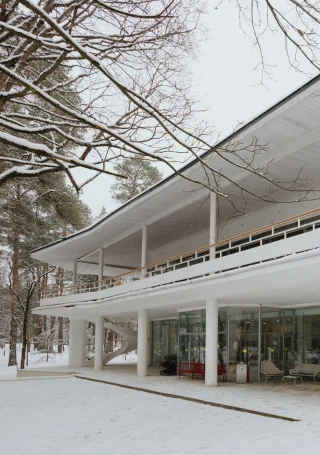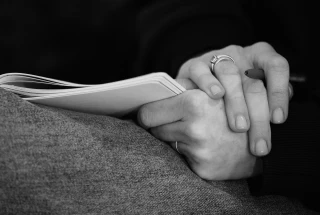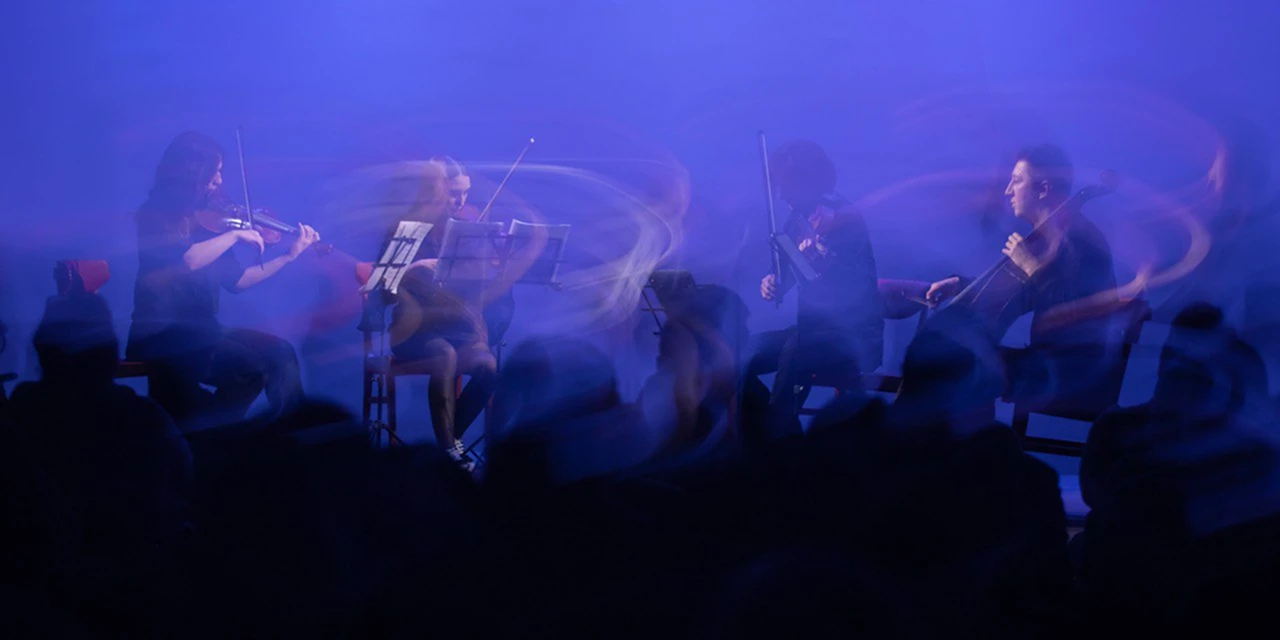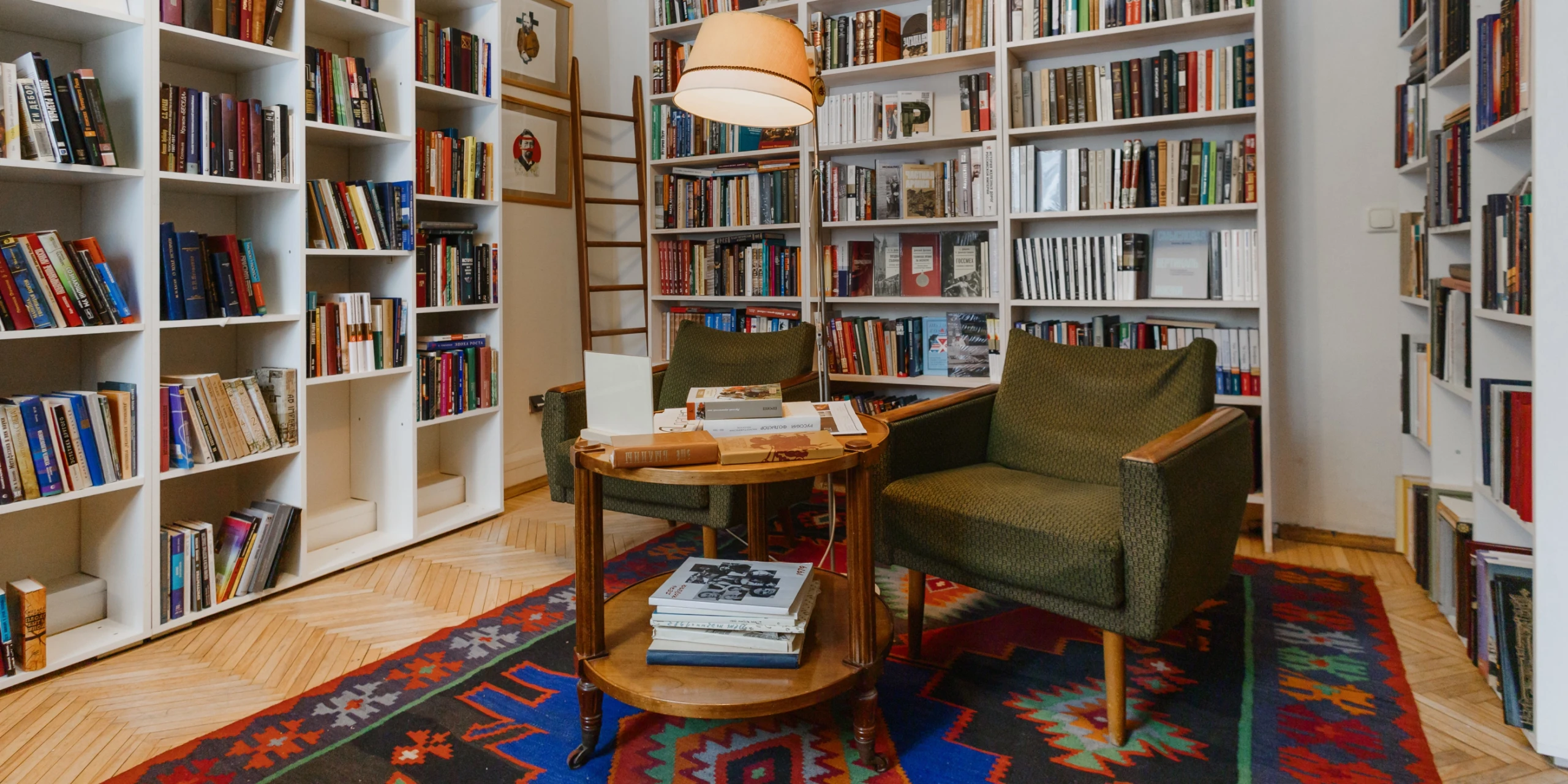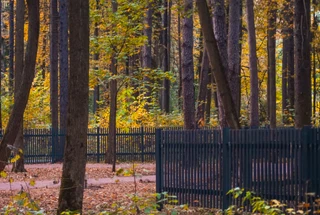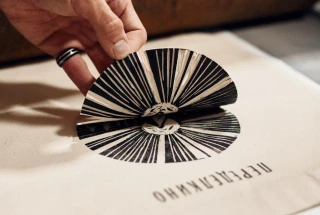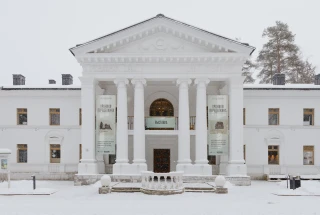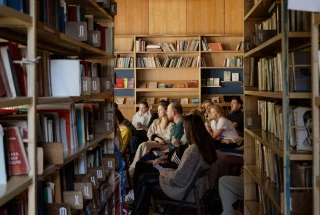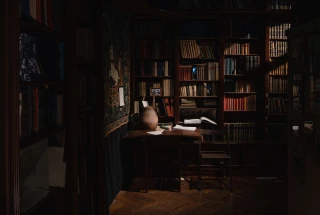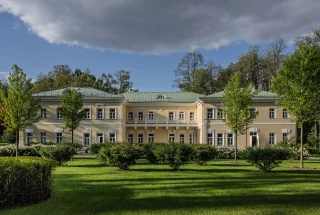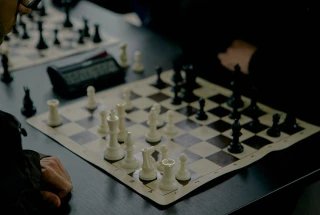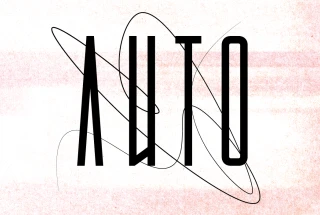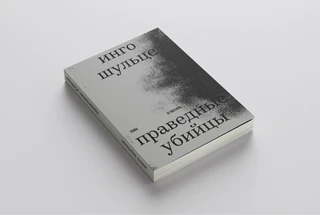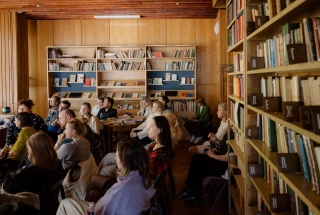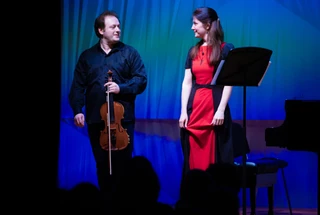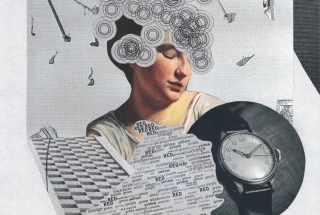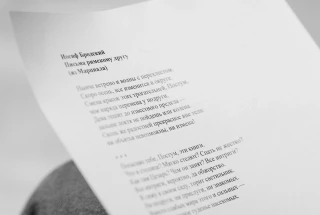Переделкино — легендарный городок писателей, который появился рядом с Москвой в 30-х годах прошлого столетия.
Здесь жили и работали выдающиеся литераторы ХХ века.
Сегодня Переделкино — живой творческий центр с резиденциями для авторов и большой литературной программой, пространствами для работы и отдыха.
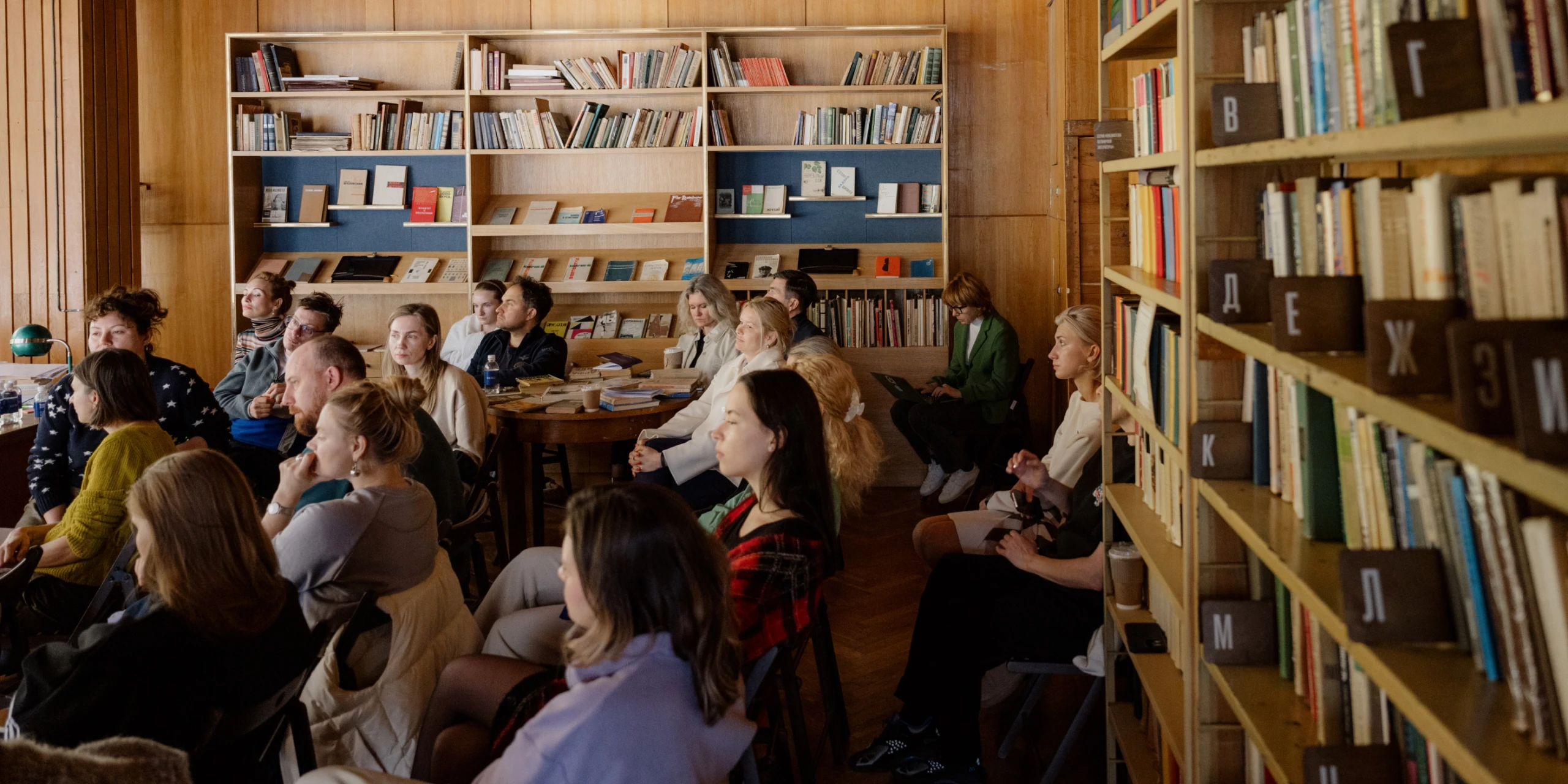
Poster
Saturday, January 31
Первая встреча с городком писателей
Прогулка по библиотеке
Кабинет редкостей. Другой мир или Alium Mundus
Литературная тропа к усадьбе Измалково
Литературно-шахматный клуб. «Ход королевы»
Молодежный поэтический клуб ЛИТО
Встреча с автором романа «Праведные убийцы» Инго Шульце
Мастерская линогравюры
Книжный клуб
«Зимний путь» Франца Шуберта
Получайте письма из Переделкина
Время от времени мы пишем вам письма с книжными рекомендациями, анонсами событий Дома творчества и архивными открытиями.

